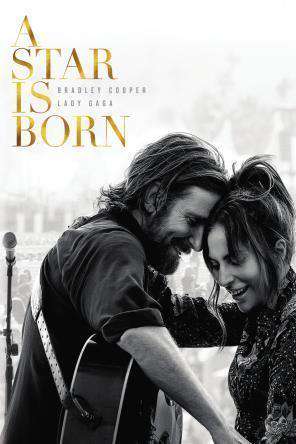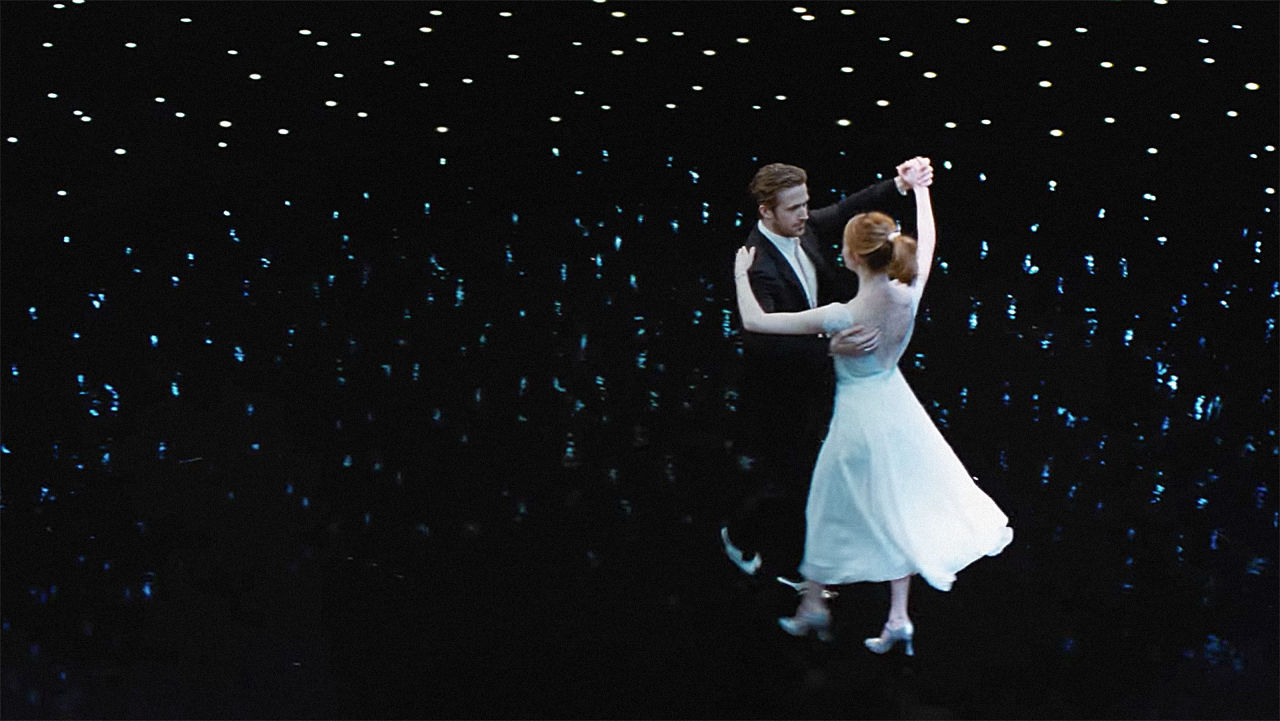Director: Dexter Fletcher
Solid musical biopic covering the first thirty-odd years in the life of massively popular musician Elton John. Rocketman is entertaining and very well crafted, even if it left a few things to be desired. This was part of a little musical kick that my wife and I have been on in the last few weeks - a kick which has included watching Purple Rain and the 2018 version of A Star is Born.
For those somehow unaware of the exact origins of the smash hit songs Goodbye, Yellow Brick Road, Tiny Dancer, and a ton of other tunes we all know and can sing the chorus to, this movie is a dramatic, glitzy telling of their performer, Elton John. John, born Reginald Kenneth Dwight, had an emotionally (and often physically) distant father, a rather self-involved mother, and early on exhibited exceptional talent as a pianist. After spending most of his teen years playing in cover bands and as a backup pianist for visiting rock and rhythm and blues bands, Dwight delved into a solo career, adopting the stage name "Elton John." He was soon introduced to aspiring lyricist Bernie Taupin, and the two very quickly proved to be an incomparable songwriting duo. Within two years, the pair had composed two hit songs, and soon Elton was finding himself entering the brighter spotlights of worldwide fame and fortune. However, the prodigious musician and performer still struggled mightily with his own sexual orientation and relationships with other people, being a gay man in a time when it still wasn't very acceptable to be known as a non-heterosexual. Elton's forms of self-therapy included booze and drugs, along with lavish spending sprees on ever-more flamboyant outfits and other material possessions. After a rock bottom moment in the mid-1980s, Elton eventually sorted out most of the serious issues in his life, getting him back on track to having healthier relationships and returning to being a great performer.
The movie Rocketman covers this period in John's life in fun fashion. I actually wasn't expecting it, but it takes the more traditional musical approach of having song and dance numbers break out, spontaneously, regularly throughout the movie. This has never been my favorite style of musical, as it usually feels inorganic and forced. Still, I grew used to it with Rocketman, as it's a logical representation of a person's whose mind works in musical ways. Also, none of the songs is full-length, always being a one- or two-minute segment of one of John's best-known hits. For me, it also helped that I've always liked the man's music. I've never been a fanatic, but I've enjoyed his songs enough to tap my toes along and even sing or hum a few bars when those familiar sounds kick off at many points in the movie. And the visuals and choreography are as glitzy and dazzling as you would expect from a film about one of the showiest pop musicians of all time.
The story itself doesn't do anything especially novel with the narrative of fame. A young, bright-eyed, and talented person overcomes difficult beginnings to reach unimagined heights of notoriety. Their personal demons and the trappings of fame lead to self-destructive behavior. They navigate those treacherous waters and come out the other side, a bit more whole. Rocketman sticks to that telling of the story Elton John's first thirty-odd years of life. It is fairly refreshing to see that we live in a time when someone's sexuality can be openly explored, along with the more standard struggles with family life and other personal obstacles. This film does a nice job of not flinching here, or making John out to be some sort of angelic victim.
One can't help but notice that, while the movie uses plenty of tunes from the Elton John catalog, it is not John's voice that you hear. Perhaps for reasons of sonic integrity, lead actor Taron Egerton does all of his own singing. He does a solid job of it, considering Elton John always had such an amazing and distinct vocal style. Still, it's not Elton John, and it stands out a bit. Egerton does, however, do a great job in terms of his overall performance, hitting the range of emotions required in depicting John as sometimes painfully vulnerable and sometimes brashly confident. The rest of the cast also does great work, especially Jamie Bell, who plays Bernie Taupin.
Rocketman was good fun. You'll have to look elsewhere if you want an objective, definitive life story of Elton John, but this is an entertaining and often touching look at the making of a 20th-century pop music icon.
Solid musical biopic covering the first thirty-odd years in the life of massively popular musician Elton John. Rocketman is entertaining and very well crafted, even if it left a few things to be desired. This was part of a little musical kick that my wife and I have been on in the last few weeks - a kick which has included watching Purple Rain and the 2018 version of A Star is Born.
For those somehow unaware of the exact origins of the smash hit songs Goodbye, Yellow Brick Road, Tiny Dancer, and a ton of other tunes we all know and can sing the chorus to, this movie is a dramatic, glitzy telling of their performer, Elton John. John, born Reginald Kenneth Dwight, had an emotionally (and often physically) distant father, a rather self-involved mother, and early on exhibited exceptional talent as a pianist. After spending most of his teen years playing in cover bands and as a backup pianist for visiting rock and rhythm and blues bands, Dwight delved into a solo career, adopting the stage name "Elton John." He was soon introduced to aspiring lyricist Bernie Taupin, and the two very quickly proved to be an incomparable songwriting duo. Within two years, the pair had composed two hit songs, and soon Elton was finding himself entering the brighter spotlights of worldwide fame and fortune. However, the prodigious musician and performer still struggled mightily with his own sexual orientation and relationships with other people, being a gay man in a time when it still wasn't very acceptable to be known as a non-heterosexual. Elton's forms of self-therapy included booze and drugs, along with lavish spending sprees on ever-more flamboyant outfits and other material possessions. After a rock bottom moment in the mid-1980s, Elton eventually sorted out most of the serious issues in his life, getting him back on track to having healthier relationships and returning to being a great performer.
 |
| Elton John's famously flamboyant outfits often belied the psychological and emotional distress he was experiencing. |
The story itself doesn't do anything especially novel with the narrative of fame. A young, bright-eyed, and talented person overcomes difficult beginnings to reach unimagined heights of notoriety. Their personal demons and the trappings of fame lead to self-destructive behavior. They navigate those treacherous waters and come out the other side, a bit more whole. Rocketman sticks to that telling of the story Elton John's first thirty-odd years of life. It is fairly refreshing to see that we live in a time when someone's sexuality can be openly explored, along with the more standard struggles with family life and other personal obstacles. This film does a nice job of not flinching here, or making John out to be some sort of angelic victim.
One can't help but notice that, while the movie uses plenty of tunes from the Elton John catalog, it is not John's voice that you hear. Perhaps for reasons of sonic integrity, lead actor Taron Egerton does all of his own singing. He does a solid job of it, considering Elton John always had such an amazing and distinct vocal style. Still, it's not Elton John, and it stands out a bit. Egerton does, however, do a great job in terms of his overall performance, hitting the range of emotions required in depicting John as sometimes painfully vulnerable and sometimes brashly confident. The rest of the cast also does great work, especially Jamie Bell, who plays Bernie Taupin.
Rocketman was good fun. You'll have to look elsewhere if you want an objective, definitive life story of Elton John, but this is an entertaining and often touching look at the making of a 20th-century pop music icon.







